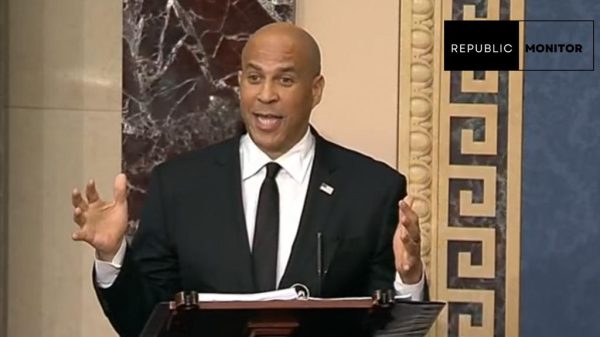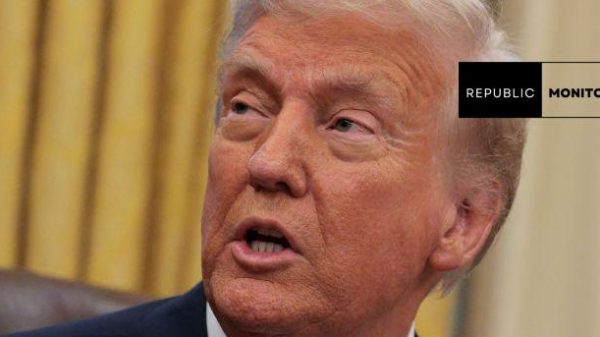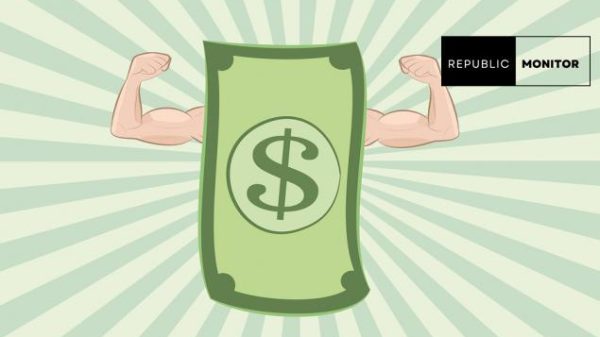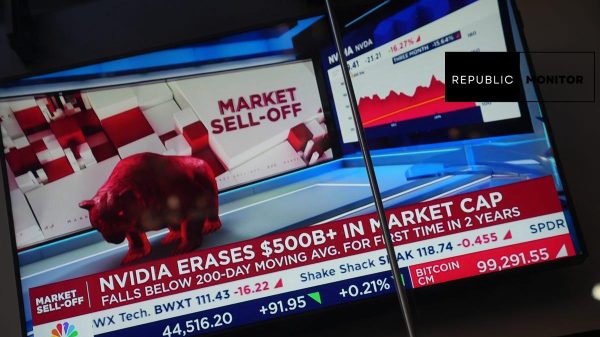For the 3.6 million Americans who benefited from student loan forgiveness programs like IDR or PSLF, the relief of reduced student loan burden may come with an unexpected consequence: taxation. The recent announcement by the Biden-Harris administration allocating $4.8 billion to assist over 80,000 student borrowers raises concerns about the potential tax implications associated with student loan forgiveness. Let’s delve into the details of the so-called ‘tax bomb’ and understand the tax implications for different forgiveness programs.
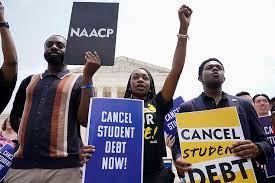
Understanding the “Tax Bomb” and Handling the Tax Repercussions of Student Loan Forgiveness
Recent Funding and Potential Tax Burden
On December 6, 2023, the Biden-Harris administration approved an additional $4.8 billion to support student borrowers through programs like IDR and PSLF. While this financial relief is welcomed, beneficiaries may face another economic challenge – the taxation of the forgiven amount, creating what is commonly referred to as the student loan ‘tax bomb.’
Exempt Programs: PSLF and Borrower Defense
Fortunately, certain programs provide relief from the tax burden. Public Service Loan Forgiveness (PSLF) and Borrower Defense to Repayment Discharge are two exemptions from federal taxes. Individuals qualifying for these programs can benefit from loan forgiveness without the added stress of facing additional taxes.
Tax Implications of IDR Programs
Income-Driven Repayment Discharge (IDR) programs, on the other hand, are subject to federal taxes. While these programs offer a pathway to debt relief, borrowers must be mindful of the potential tax consequences associated with the forgiven amount.
Total and Permanent Disability Discharge (TPDD)
TPDD stands as a special case, falling within the spectrum of the American Rescue Plan. The plan specifies that forgiven student loans discharged between January 1, 2018, and January 31, 2025, are tax-free. However, the tax implications post-January 31, 2025, remain undefined.
State-Specific Considerations
States such as Indiana, North Carolina, and Mississippi have already declared forgiven student loans taxable as of mid-2023. Additionally, other states like Arkansas, California, and Wisconsin are reviewing their legislation on this matter. This adds a layer of complexity as tax implications may vary based on state laws.
Knowing Your Tax Situation
Understanding your tax situation regarding forgiven student loans requires recalling the program you entered. While some borrowers may enjoy tax-free forgiveness, others may need to prepare for potential tax liabilities. Awareness of the tax implications is crucial for strategic financial planning.
Conclusion: Navigating the Tax Bomb
As beneficiaries of student loan forgiveness grapple with the prospect of the ‘tax bomb,’ informed decision-making becomes paramount. The nuanced landscape of tax implications for different forgiveness programs underscores the need for borrowers to stay updated on federal and state regulations. By staying informed, individuals can navigate the complexities of student loan forgiveness with a clearer understanding of potential tax burdens and plan accordingly.

